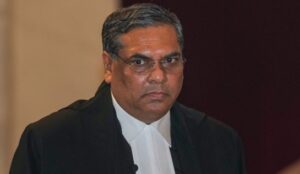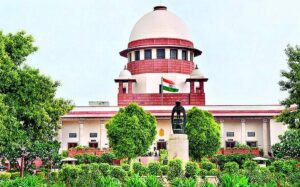
IIM Kashipur Under Scrutiny: High Court Seeks Clarification on Acting Chairperson’s Tenure
Dehradun, 21st April 2025: The Uttarakhand High Court, comprising Chief Justice G. Narendar and Justice Alok Mahra, heard Writ Petition (M/B) No. 164 of 2025 filed by petitioner Sukhvinder Singh challenging the prolonged appointment of the Acting Chairperson of the Board of Governors at the Indian Institute of Management (IIM), Kashipur.
According to the petitioner, the Acting Chairperson has held the position for over five years and eight months, allegedly in violation of Rule 3(i) and 3(v) of the IIM Rules, 2018. These rules stipulate that an Acting Chairperson’s term should not exceed three months, and that even a regularly appointed Chairperson’s term cannot extend beyond four years.
The petitioner sought a writ of quo warranto questioning the authority under which the Acting Chairperson continued in office. He also requested a writ of mandamus directing the Board of Governors to establish a Search-Cum-Selection Committee as mandated under Rule 3(iii) of the IIM Rules, 2018. Additionally, the petition called for the fifth respondent—Her Excellency the President of India, who is designated as the Visitor—to nominate a new Chairperson under Section 10(2)(a) of the governing legislation.
When questioned by the bench, the petitioner’s counsel, Dr. Kartikey Hari Gupta, acknowledged that no formal representation or complaint had been submitted to the concerned authorities before filing the petition.
Taking this into account, the Court ruled that the writ petition should be treated as a representation and directed the first respondent—the Union of India—to consider and dispose of the matter within a period of four months. The Court also allowed that, if required by procedural rules, the matter could be placed before the President of India for consideration.
The respondents were represented by Mr. Saurav Adhikari, Standing Counsel for the Union of India, and Mr. Gajendra Tripathi, Standing Counsel for the State.
The case was disposed of accordingly with directions for timely administrative action.

















